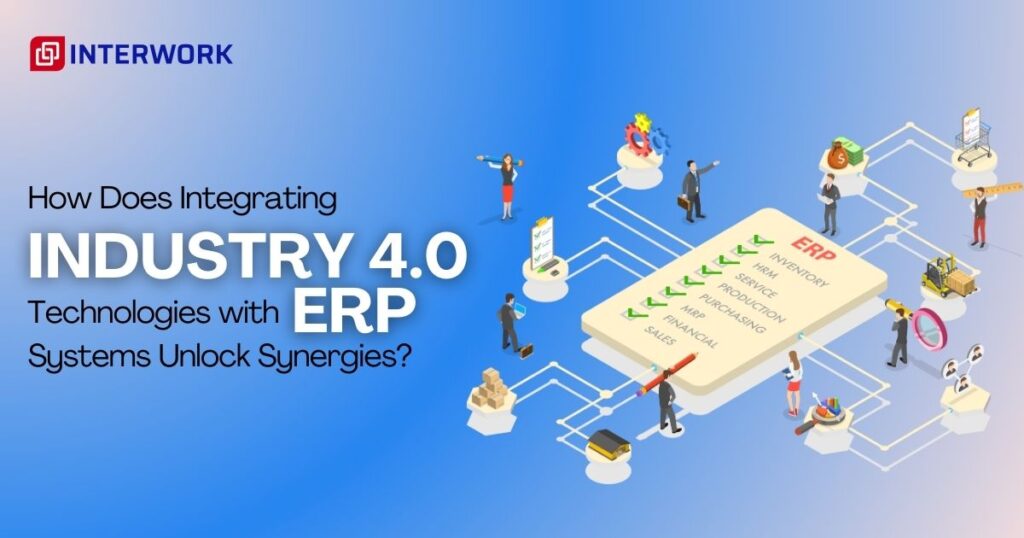How IoT and 5G Are Shaping Automotive Technology
The car manufacturing sector is altering the major trend in…

In today’s milieu of industrial evolution, integrating modern technologies has brought about new, successful paradigms. Leading this revolution is Fourth Industrial Revolution no firms were reported to have ERP systems among the respondents. This strategic symbiosis optimizes production activities and opens opportunities for futuristic analysis and real-time, dynamic response. Industry 4.0 is transforming manufacturing by merging physical and virtual systems. This new wave includes technologies like the Internet of Things (IoT), artificial intelligence (AI), cloud computing, and robotics. These tools collect and analyze large amounts of data, improving production lines.
Enterprise Resource Planning (ERP) systems manage an organization’s resources and processes. When Fourth Industrial Revolution technologies integrate with ERP systems, they seamlessly connect operations from the shop floor to executive offices in real time. This integration facilitates enhanced monitoring of production, predictive maintenance, and more efficient supply chains. This integration enhances monitoring of production, enables predictive maintenance, and streamlines supply chains. ERP systems manage an organization’s resources, processes, and data, forming a robust managerial framework. By integrating Industry 4.0 technologies, it becomes possible to establish real-time connections between technology and ERP systems, extending from the shop floor to the executive offices. Moreover, this integration allows for immediate monitoring of processes, such as production statistics, machine learning algorithms for maintenance, and efficient supply chain management.
The integration of Industry 4.0 signifies a revolutionary approach for industries that increasingly find themselves tackling the issues of how to master the new world of digital technologies and user-oriented solutions; technologies with ERP systems. This is promotional as it optimizes efficiency, and decisions and breeds sustainable development. Accepting this integration empowers business leaders to proactively implement changes. Fourth Industrial Revolution Short and highly significant, 0 is the symbol that depicts not only the evolution of technology but the revolution of business activities and competitive advantage or disadvantage. Through these advancements within ERP frameworks, the organization future-proofs its ERP systems and aligns them to the future state of a world where efficiency, agility, and innovation converge to deliver organizations’ desired outcomes in the digital economy.